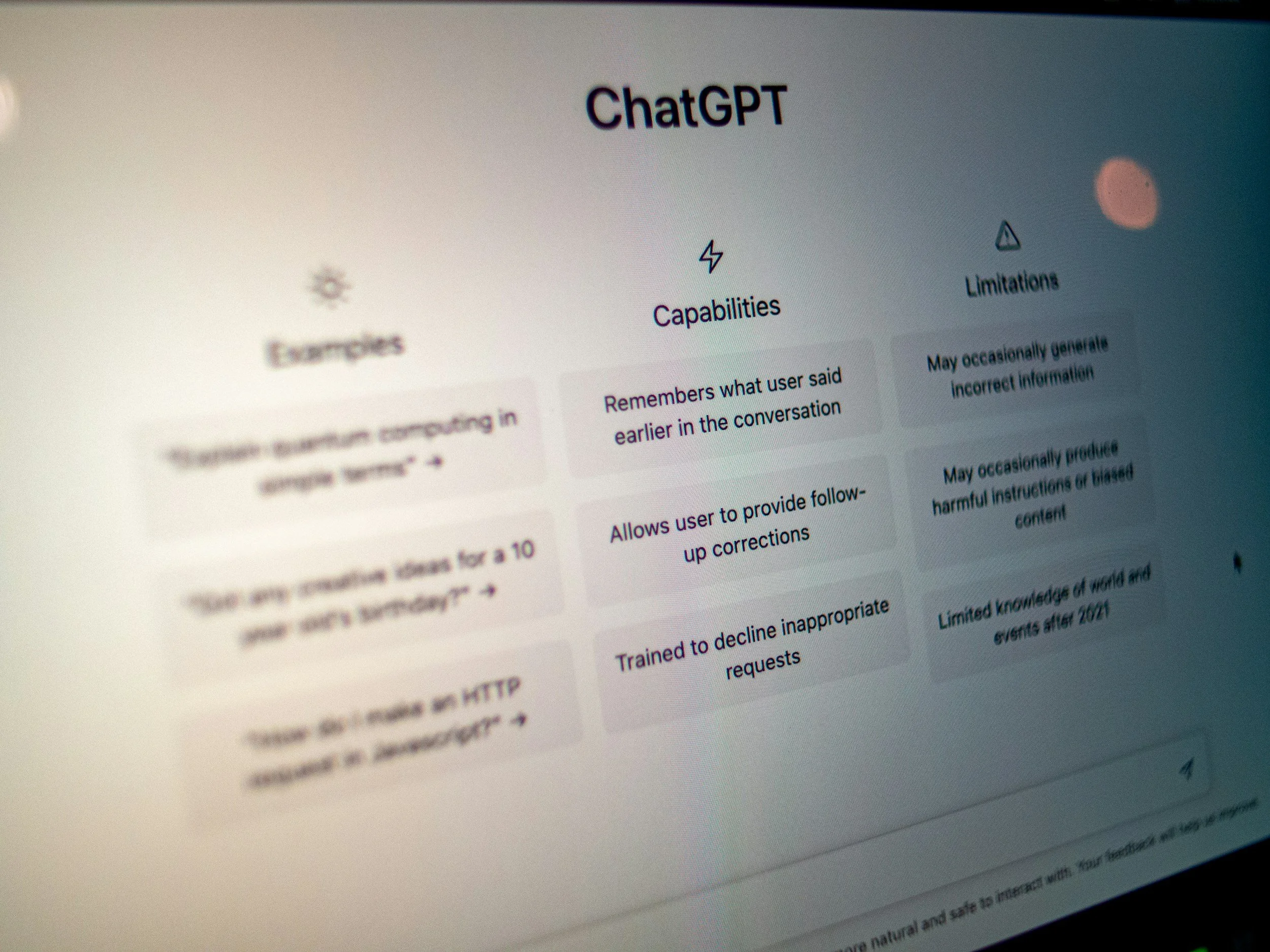How Social Workers Can Use Custom GPTs to Save Time, Boost Impact, and Work Smarter
As a social worker, you juggle a lot—case notes, lesson planning, supervision, crisis response, advocacy, and teaching. That’s why I love creating Custom GPTs to support my work as a clinician, educator, researcher, and business owner. Whether I’m drafting a field assignment, writing grant language, or training MSW students, Custom GPTs help me work more efficiently without compromising ethics or values.
In this blog, I’ll break down what Custom GPTs are, how you can build one, and share some free and paid examples tailored specifically for social workers.
What is a Custom GPT?
A Custom GPT is like having your own personalized version of ChatGPT—fine-tuned with specific instructions and resources that reflect your unique practice needs. Unlike the standard ChatGPT experience, a Custom GPT is built to support your niche tasks, whether that’s writing psychosocial assessments, developing SEL curriculum, or translating policy into accessible language for families. Think of it as your digital co-pilot—one that understands your values, your goals, and the communities you serve.
For example, I developed a Custom GPT specifically for High School Social Workers in New York City. This tool isn’t just a generic assistant—it’s embedded with knowledge about NYC’s graduation requirements, high school policies, and Department of Education language. It helps school social workers quickly generate IEP goals, write behavior intervention plans, draft culturally responsive communication to families, and develop Tier 2 interventions. I even uploaded sample reports, DOE templates, and equity-based practices so the GPT could mirror the real-life work of a school social worker in one of the largest public education systems in the country.
This is the power of Custom GPTs: they work for you because they're built by you. Whether you're in clinical practice, macro work, or academia, you can train a GPT to reflect the ethics, standards, and nuance of your role in ways that are actually useful.
Do I Need a Paid Plan?
To create your own Custom GPT, you’ll need a ChatGPT Plus plan ($20/month), which gives you access to GPT-4 and the Custom GPT builder.
However, you can use many existing Custom GPTs for free if someone shares a link with you. So even if you’re not ready to build one yet, you can still benefit from what others have created. Here are free custom GPTs for social work practice worth checking out:
How to Build Your Own Custom GPT (No Coding Needed!)
Creating a Custom GPT is surprisingly simple. Here’s a step-by-step guide:
Step 1: Upgrade to ChatGPT Plus
You need GPT-4 to create custom GPTs. Head to chat.openai.com, go to settings, and upgrade to Plus.
Step 2: Click “Explore GPTs”
You’ll find this in the left-hand sidebar. This takes you to the GPT Store.
Step 3: Click “Create”
You’ll be prompted to describe what you want your GPT to do. For example:
“I want a GPT that helps school social workers create behavior intervention plans, write progress notes, and plan Tier 2 interventions.”
Step 4: Upload Any Files (This is Optional-but I highly recommend adding content knowledge to your custom GPT)
You can add policies, samples, frameworks, PDFs, or templates that your GPT should reference. Be sure not to upload any content or information that has any identifiable client information, as you want to ensure you are following ethical practice and HIPAA.
Step 5: Name and Publish
Give it a name like “School Social Work GPT” or “Grant Writing Assistant for Social Workers.” You can keep it private or share it publicly.
Ideas for Custom GPTs for Social Work Practice
Here are just a few ideas I’ve used or seen other social workers build:
Social Work Documentation Assistant
Helps write SOAP notes, psychosocial assessments, or incident reports faster with prompts that center strengths-based language and ethical standards.
Clinical Supervision GPT
Supports reflective supervision questions, develops learning goals, and reviews NASW standards.
SEL Lesson Planner
Generates age-appropriate, equity-centered lessons for K-12 students using CASEL competencies.
Grant Writing GPT
Helps write needs statements, program descriptions, and measurable outcomes based on your target population.
Field Instructor GPT
Assists with creating student learning agreements, providing feedback, and supporting evaluation based on CSWE competencies.
Ethics & Values GPT
Helps you work through ethical dilemmas and aligns suggestions with the NASW Code of Ethics.
If you are a school social worker in NYC Department of Education Schools, check out Dr. Badillo-Diaz’s free Custom GPT that has embedded NYC DOE knowledge, policies, and NY State Graduation Requirements: https://chatgpt.com/g/g-6838a495094881918e478a3446471cd5-nyc-doe-high-school-sw-counseling-assistant
Final Thoughts
Custom GPTs are more than just a tech tool; they’re a way to reclaim your time and center your values. When thoughtfully created, these assistants can reduce burnout, improve accuracy, and enhance your impact in the communities you serve. You don’t have to be a tech expert to build one. You just need your practice wisdom and a little guidance—which I’m here to provide.
Let’s use AI to empower, not replace, the human heart of social work.
Have you created a Custom GPT for your own social work practice? I’d love to hear about it! Share your examples or tag me on Instagram @_theaisocialworker, let’s build a growing community of social workers designing smart, ethical, and purpose-driven AI tools.
Want me to build a Custom GPT for your team or agency? I offer workshops and 1:1 support—reach out via www.theaisocialworker.com or Marina@MABDConsulting.com
The content in this blog was created with the assistance of Artificial Intelligence (AI) and reviewed and edited by Dr. Marina Badillo-Diaz to ensure accuracy, relevance, and integrity. Dr. Badillo-Diaz's expertise and insightful oversight have been incorporated to ensure the content in this blog meets the standards of professional social work practice.


